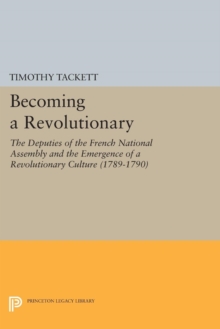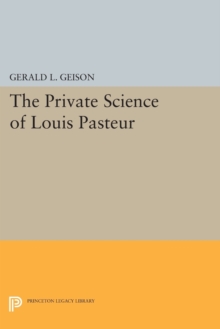
American Scientists and Nuclear Weapons Policy Hardback
by Robert G. Gilpin
Part of the Princeton Legacy Library series
Hardback
Description
As this study traces the history of the dramatic intra-scientific conflict over nuclear weapons which has developed since World War II, it analyzes the politically relevant ideas, attitudes, and behavior of those scientists who have been influential in the formulation of American policy toward nuclear weapons.
The author contends that the emergence of the scientist into the mainstream of American political life is one of the great events of our history.
As he assays the situation, he emphasizes the growing need for effective measures for integrating scientist-advisers into national policy-making processes.
This well documented book will be of lasting value to both scientists and public administrators, and it will be of vital interest to all concerned with current problems of the nuclear era. Originally published in 1962. The Princeton Legacy Library uses the latest print-on-demand technology to again make available previously out-of-print books from the distinguished backlist of Princeton University Press.
These editions preserve the original texts of these important books while presenting them in durable paperback and hardcover editions. The goal of the Princeton Legacy Library is to vastly increase access to the rich scholarly heritage found in the thousands of books published by Princeton University Press since its founding in 1905.
Information
-
Available to Order - This title is available to order, with delivery expected within 2 weeks
- Format:Hardback
- Pages:364 pages
- Publisher:Princeton University Press
- Publication Date:19/04/2016
- Category:
- ISBN:9780691651880
Other Formats
- Paperback / softback from £36.05
Information
-
Available to Order - This title is available to order, with delivery expected within 2 weeks
- Format:Hardback
- Pages:364 pages
- Publisher:Princeton University Press
- Publication Date:19/04/2016
- Category:
- ISBN:9780691651880










